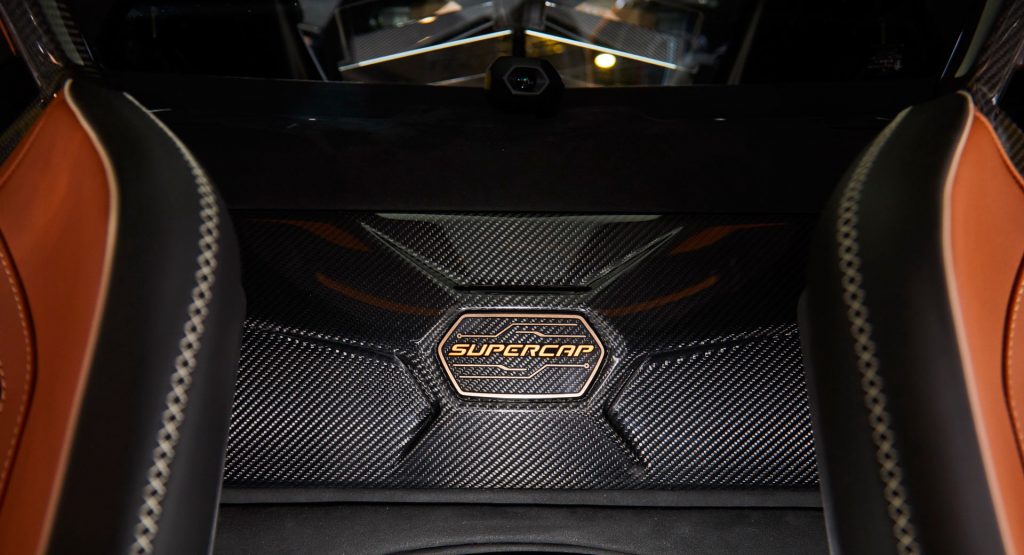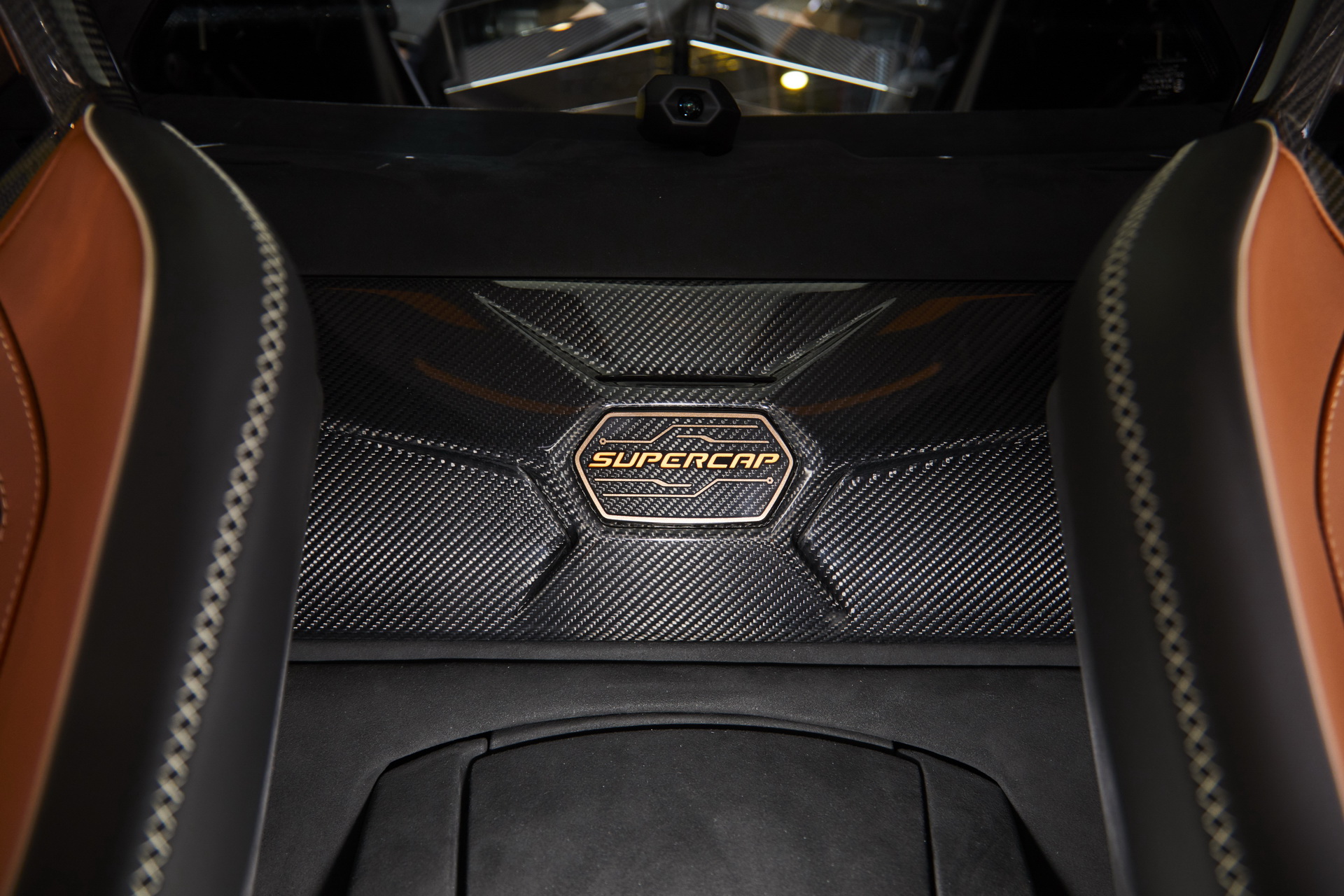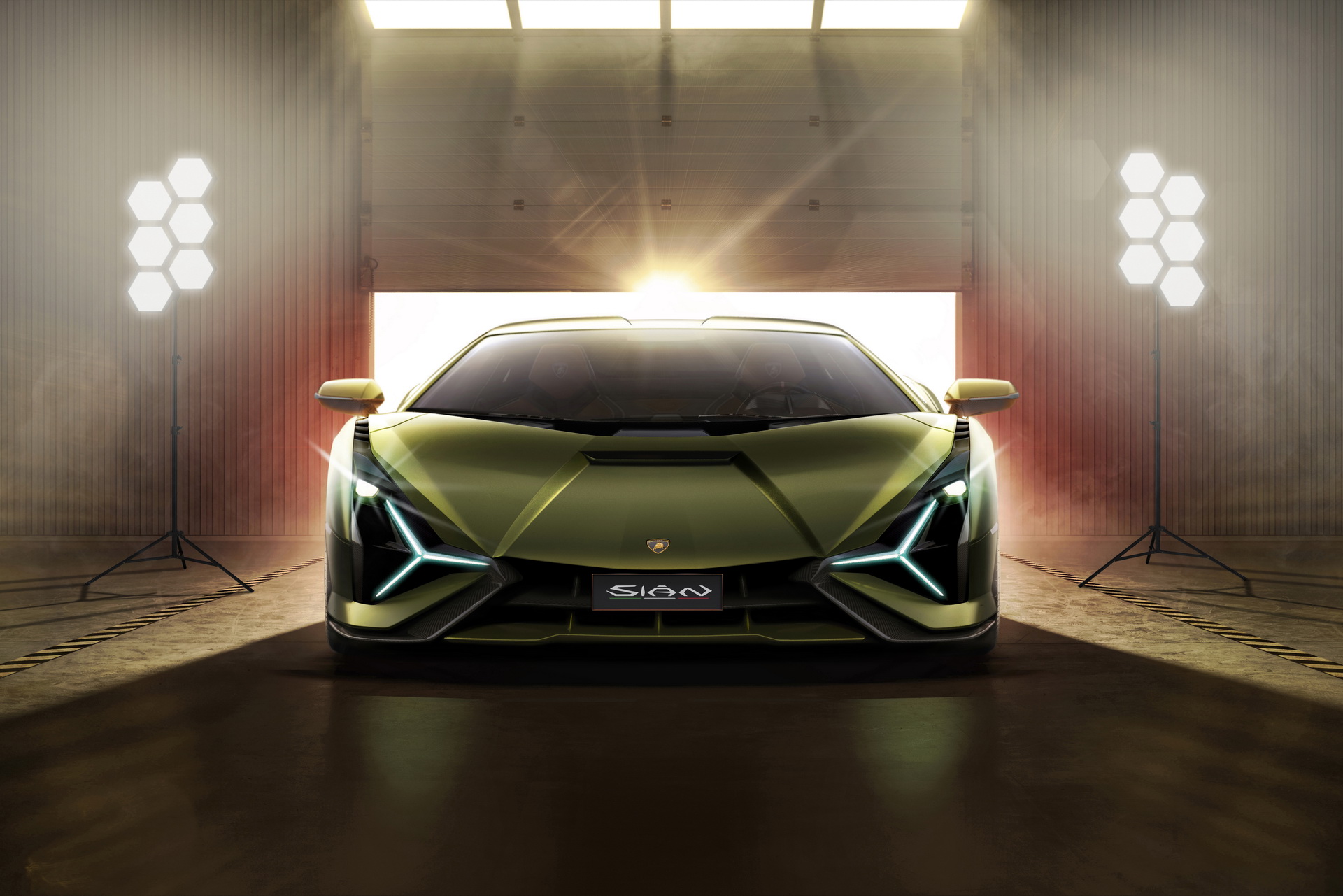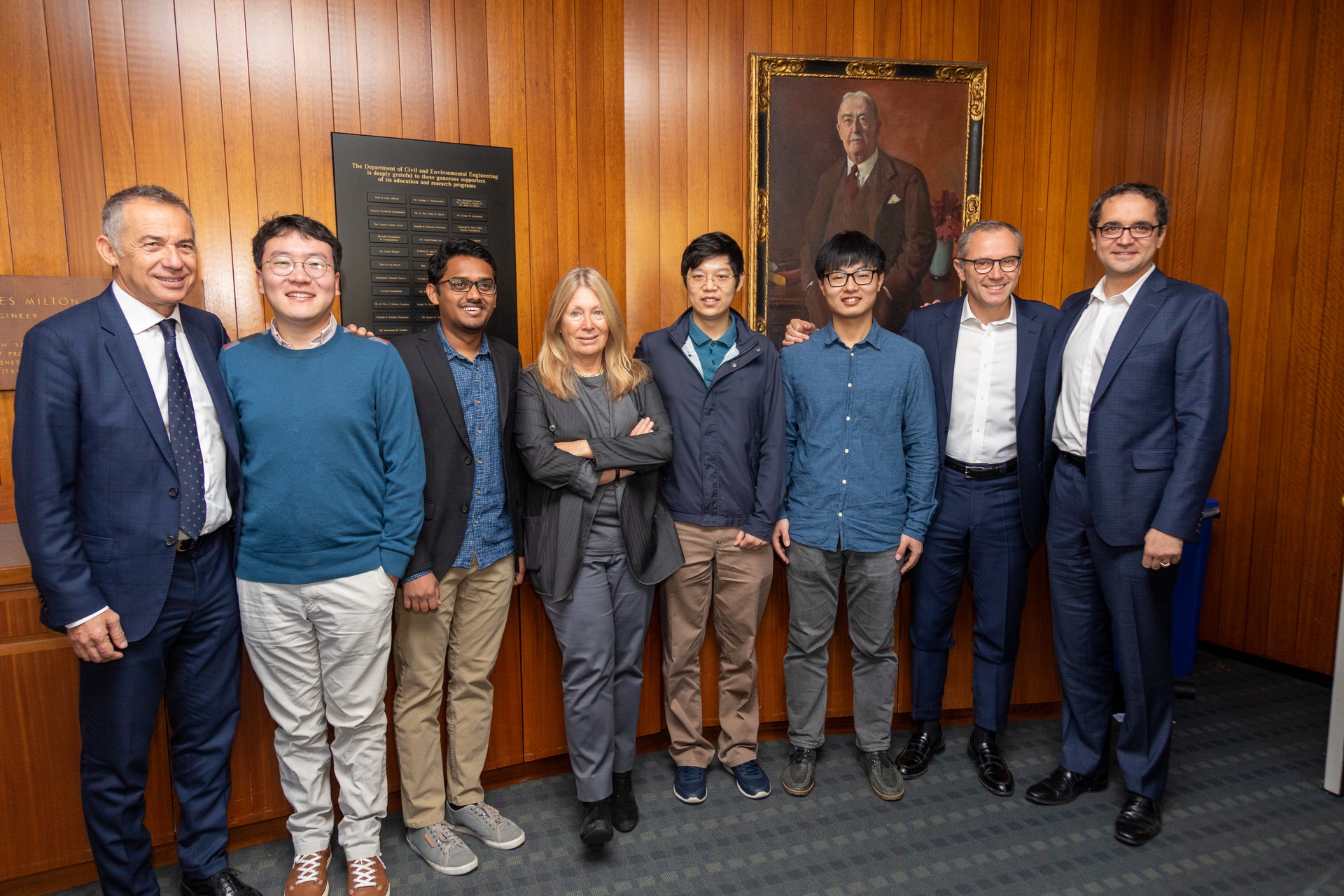Lamborghini, together with the Massachusetts Institute of Technology (MIT) has finalized a patent for an innovative synthetic material that can form the basis of new-gen supercapacitors.
The collaboration between the two companies began three years ago when Lamborghini joined the MIT-Italy Program. Now, the automaker is a co-author of this patent, and will look to explore additional optimization of the properties of the material, as well as large scale production.
This result also signifies Lamborghini’s commitment towards electrification, which began in 2017 with the presentation of the Terzo Millennio, and more recently with the Sian – the latter unveiled at the 2019 Frankfurt Motor Show.
Related: Lamborghini Aventador Successor May Use Supercapacitors Instead Of Batteries
“The joint research with MIT fully embodies our values and our vocation for anticipating the future: a future in which hybridization is increasingly desirable and inevitably necessary,” stated the company’s CEO, Stefano Domenicali.
The new patented material was synthesized in the laboratories of MIT’s Chemistry Department, with the aid of Lamborghini’s Concept Development Department, and is based on the ‘Metal-Organic Frameworks’ (MOF) concept.
“The molecular structure of this family of materials makes it the ideal candidate for producing electrodes for high performance supercapacitors of the future, because it maximizes the specific surface area, i.e. the amount of surface area exposed to electric charge in relation to the mass and volume of the sample. More specifically, the stated goal of the research is to improve the energy density: the patent filed today promises to increase this density by up to 100% compared to the technology currently on the market.”
While the research has yielded significant results, its potential is much greater, even when compared to the supercapacitors used on the Lamborghini Sian.
Supercapacitors are said to be a good solution for high-performance motorsport applications due to their exceptional power and durability specs.












